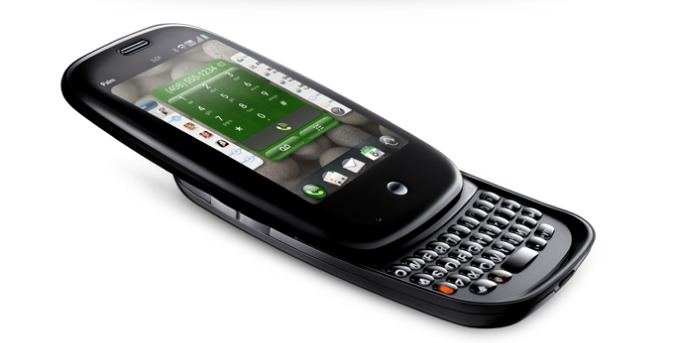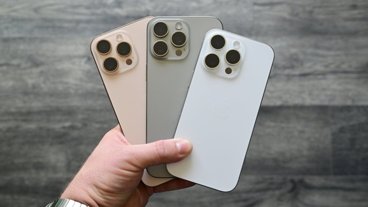The Palm brand may be revived before the end of this year, with recently discovered filings revealing a smartphone produced by TCL has been provided to regulators for testing, one that uses the Palm name and has the model number "PVG100."
Filings with the Federal Communications Commission and the Wi-Fi Alliance confirm the existence of a Palm-branded mobile device, but provides relatively few details about it, according to a report from Android Police. The listing for the FCC advises of the name PVG100, and aside from some operating frequencies, offers barely any extra information.
The Wi-Fi Alliance filing offers a few more details for the PVG100, namely that it is a phone that runs Android 8.1, and that while the device will have Wi-Fi, it will only operate at the 2.4GHz frequency band. The lack of 5GHz Wi-Fi support suggests the device will be a budget smartphone, but it is plausible for the filing to be updated with the extra support in the future.
In 2017, an executive for TCL advised a Palm-branded smartphone would be returning in 2018, with rumors indicating the device could launch on Verizon. After HP bought Palm, TCL later acquired the Palm Brand, then set up the Palm Ventures Group named in the filings.
It is unclear exactly what TCL's plans are for the resurrection of Palm, but it is unlikely to be much more than in name only. The Chinese device producer sells smartphones and mobile devices under other brands, such as under its licensing deal with BlackBerry, creating Android devices that reuse the design and UI language of that brand.
The use of Android also suggests there is no real intention for Palm devices to return to using webOS, or another self-developed platform.
The Palm sale to HP was primarily intended to allow HP to use webOS for its TouchPad tablet, but the shortlived project ended in a $99 firesale following slow sales. The operating system was then sold to LG, which uses webOS to power smart functions on its televisions.
Palm's tablets are arguably precursors to the iPhone, providing a touchscreen interface and smartphone-like features, such as the Treo line running PalmOS and, towards the end of its life, the WebOS-based Palm Pre. The introduction of the iPhone and its competitors are likely to have been the main cause of the brand's demise.
 Malcolm Owen
Malcolm Owen






-m.jpg)






 Charles Martin
Charles Martin


 Wesley Hilliard
Wesley Hilliard
 Stephen Silver
Stephen Silver
 William Gallagher
William Gallagher

 Marko Zivkovic
Marko Zivkovic








28 Comments
Just what consumers need, another same. Isn't there enough choice in this market already? Hey, manufacturers, here's a novel idea: how about creating something totally new that doesn't already exist! (hint: it's *not* a phone)
WebOS was actually very good. It was deployed on flawed hardware. If they had introduced this on a "slab" phone, it could have been a big hit.
Please bring back the creepy girl from the Palm Pre commercials, too, since that did nothing but scare everyone away.